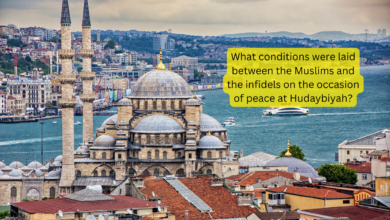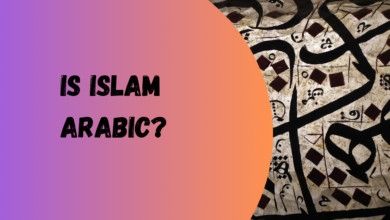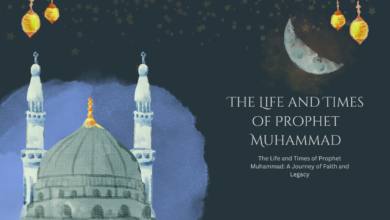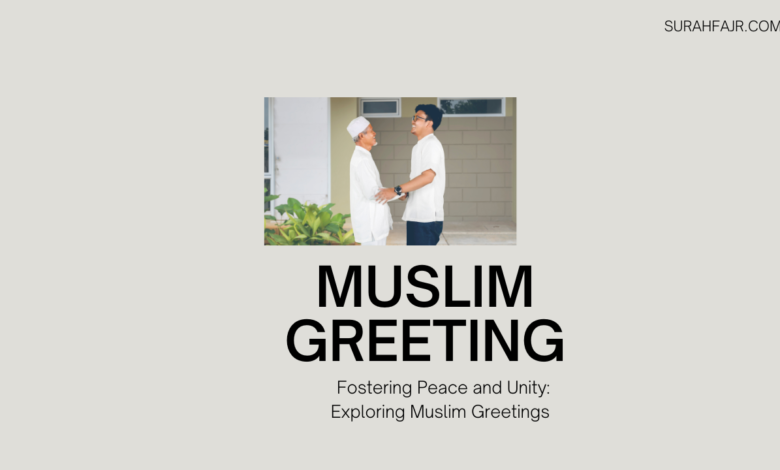
Muslim Greeting
“Assalamu Alaikum” translates to “Peace be upon you” in English. It is a common Muslim greeting expressing a wish for peace and blessings.

Muslim Greetings: Spreading Peace and Unity
In the diverse tapestry of human interaction, greetings hold a special place. They are the initial bridge that connects people, conveying warmth, respect, and the desire for a positive exchange. In the Muslim community, greetings are more than just polite gestures; they are deeply intertwined with faith and values.
The Importance of Greetings in Islam
In the world of Islam, greetings play a significant role in daily life. They are not mere words but a reflection of Islamic values such as peace, respect, and unity. As you delve into the world of Muslim greetings, you’ll discover their true essence.
Types of Muslim Greetings
Muslim greetings come in various forms, each with its unique meaning and usage. The two most common ones are “Assalamu Alaikum” and “Wa Alaikum Assalam.” Let’s explore them.
Assalamu Alaikum
The phrase “Assalamu Alaikum” is a common Muslim greeting that means “Peace be upon you.” It’s a heartfelt wish for peace and blessings upon the person being greeted. This greeting is universal and transcends borders.
Wa Alaikum Assalam
The appropriate response to “Assalamu Alaikum” is “Wa Alaikum Assalam,” which means “And upon you be peace.” This exchange encapsulates the essence of Muslim greetings – a mutual wish for peace.
Muslim greetings can vary from region to region, with some places having unique local phrases and customs. These variations add to the richness of the Muslim cultural tapestry.
The Significance of “Peace Be Upon You”
To understand the power of Muslim greetings, it’s essential to delve into their historical context. The greeting “Peace be upon you” was not just a formality; it held deep meaning in the life of the Prophet Muhammad and the early Muslim community.
Universal Message of Peace
The greeting “Peace be upon you” extends beyond its historical context. It carries a universal message of peace and goodwill, applicable to all of humanity. Regardless of faith or culture, it serves as a reminder of the common human desire for peace and harmony.
How to Greet Muslims
Greeting Muslims is not complicated, but it’s essential to do it with respect and understanding. Here are some guidelines for proper etiquette:
Proper Etiquette and Pronunciation
When offering a Muslim greeting, ensure that it is spoken with sincerity. Correct pronunciation is important. “Assalamu Alaikum” should be enunciated clearly and respectfully.
Gender and Cultural Considerations
In some cultures, it’s common for people of the same gender to exchange hugs or cheek kisses along with the greeting. However, it’s crucial to respect personal boundaries and adhere to cultural norms.
Greeting Non-Muslims
Muslims are encouraged to greet not only their fellow believers but also people of other faiths. Greeting non-Muslims with warmth and respect is a way of promoting unity and understanding.
Importance of Showing Respect
When Muslims greet non-Muslims with “Peace be upon you,” they convey respect and goodwill. This simple gesture can foster positive interactions and break down barriers.
Using Universal Greetings
While “Assalamu Alaikum” is a traditional Muslim greeting, using universally recognized greetings like “Hello” or “Hi” when appropriate can help build connections with people of diverse backgrounds.
Greeting in Special Occasions
In various special occasions such as birthdays, weddings, and other celebrations, Muslims use greetings to express their best wishes and blessings.
Also Check
Birthdays, Weddings, and More
In these joyful moments, it’s common to offer warm greetings and heartfelt congratulations. These greetings show love, support, and the desire for happiness.
Benefits of Muslim Greetings
Muslim greetings carry a multitude of benefits, not only for Muslims but for society as a whole.
Promoting Harmony and Unity
By exchanging greetings that wish peace upon one another, Muslims promote harmony and unity. These greetings transcend differences and build bridges.
Strengthening Bonds
The act of greeting fosters connection. It strengthens bonds between individuals and communities, creating a more inclusive and harmonious society.
Greeting in the Modern World
In the digital age, greetings have taken on new forms. Text messages, social media, and video calls have added new dimensions to how people greet one another.
Greetings in the Digital Age
Modern technology has transformed the way we communicate. While the essence of greetings remains the same, the medium has evolved.
Adapting to Multicultural Settings
In multicultural societies, people have the opportunity to learn and embrace various greetings. This diversity adds richness to our interactions and understanding.
Common Mistakes to Avoid
While greetings are meant to be positive, some common mistakes can lead to misunderstandings and discomfort.
Insensitive Gestures
Avoid making gestures that may be considered insensitive or offensive in certain cultures. It’s essential to be aware of cultural differences.
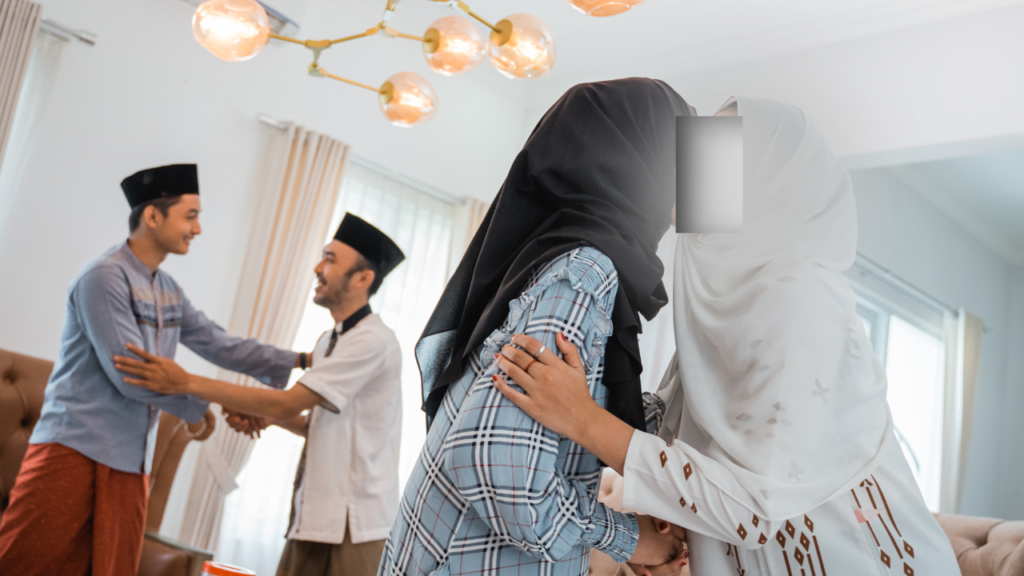
(FAQs) about Muslim greetings:
What is the meaning of “Assalamu Alaikum”?
“Assalamu Alaikum” translates to “Peace be upon you” in English. It is a common Muslim greeting expressing a wish for peace and blessings.
How do you respond to “Assalamu Alaikum”?
The appropriate response is “Wa Alaikum Assalam,” which means “And upon you be peace.”
Can non-Muslims use Muslim greetings?
Yes, non-Muslims are encouraged to use Muslim greetings as a sign of respect and goodwill.
Are there variations of Muslim greetings in different regions?
Yes, there are variations of greetings in different regions, reflecting local customs and languages.
Is it appropriate to hug or shake hands when exchanging Muslim greetings?
It depends on cultural norms and individual preferences. In some cultures, physical gestures accompany greetings, but respect for personal boundaries is essential.
Why are Muslim greetings important in Islam?
Muslim greetings are important as they reflect Islamic values of peace, respect, and unity, promoting harmonious interactions.
What is the significance of “Peace Be Upon You” in Islamic history?
The phrase has deep historical roots and was used by the Prophet Muhammad to promote peace and unity in the Muslim community.
How can I learn to pronounce Muslim greetings correctly?
Learning from native speakers or online resources can help you pronounce Muslim greetings accurately.
Do Muslim greetings have a role in special occasions like weddings and birthdays?
Yes, Muslims use greetings to convey best wishes and blessings on special occasions, emphasizing happiness and joy.
How can Muslim greetings be adapted to the modern world, especially in digital communication?
In the digital age, text messages, social media, and video calls have become common platforms for exchanging greetings, preserving their essence while adapting to modern communication methods.

